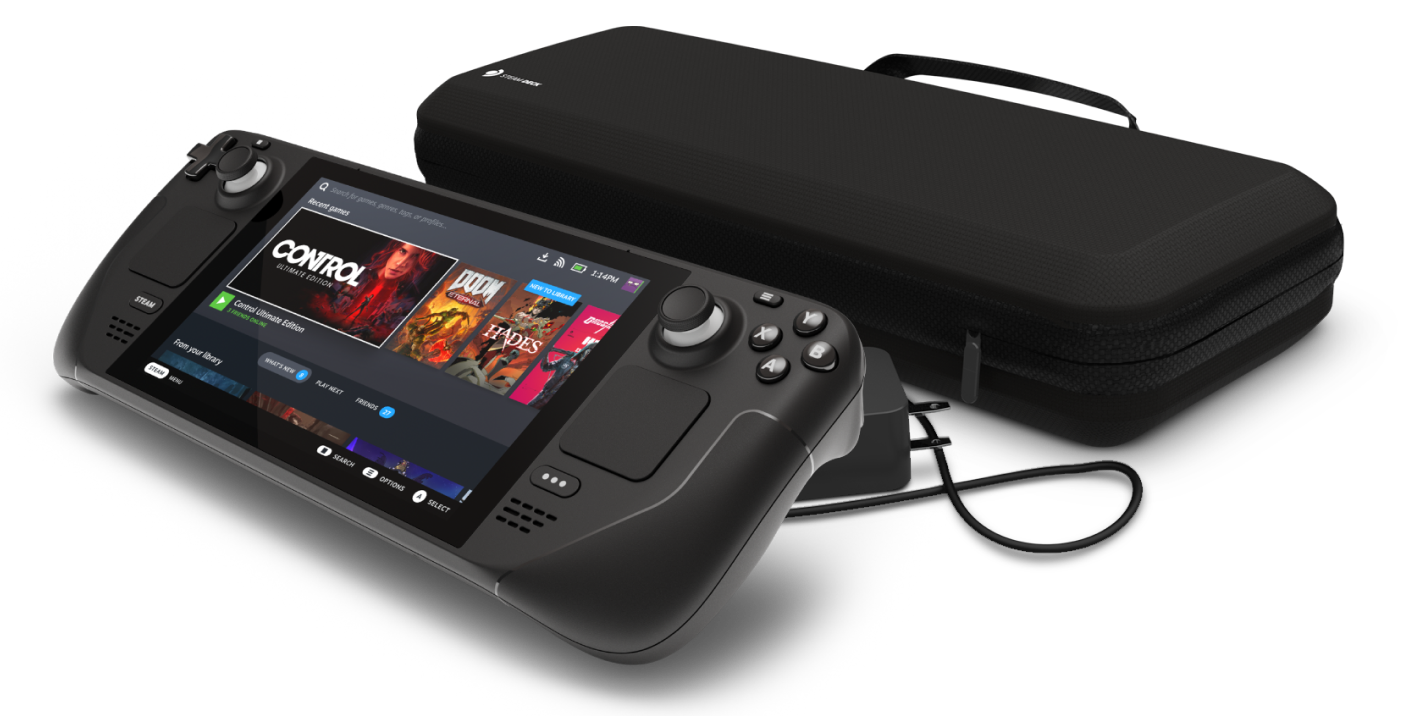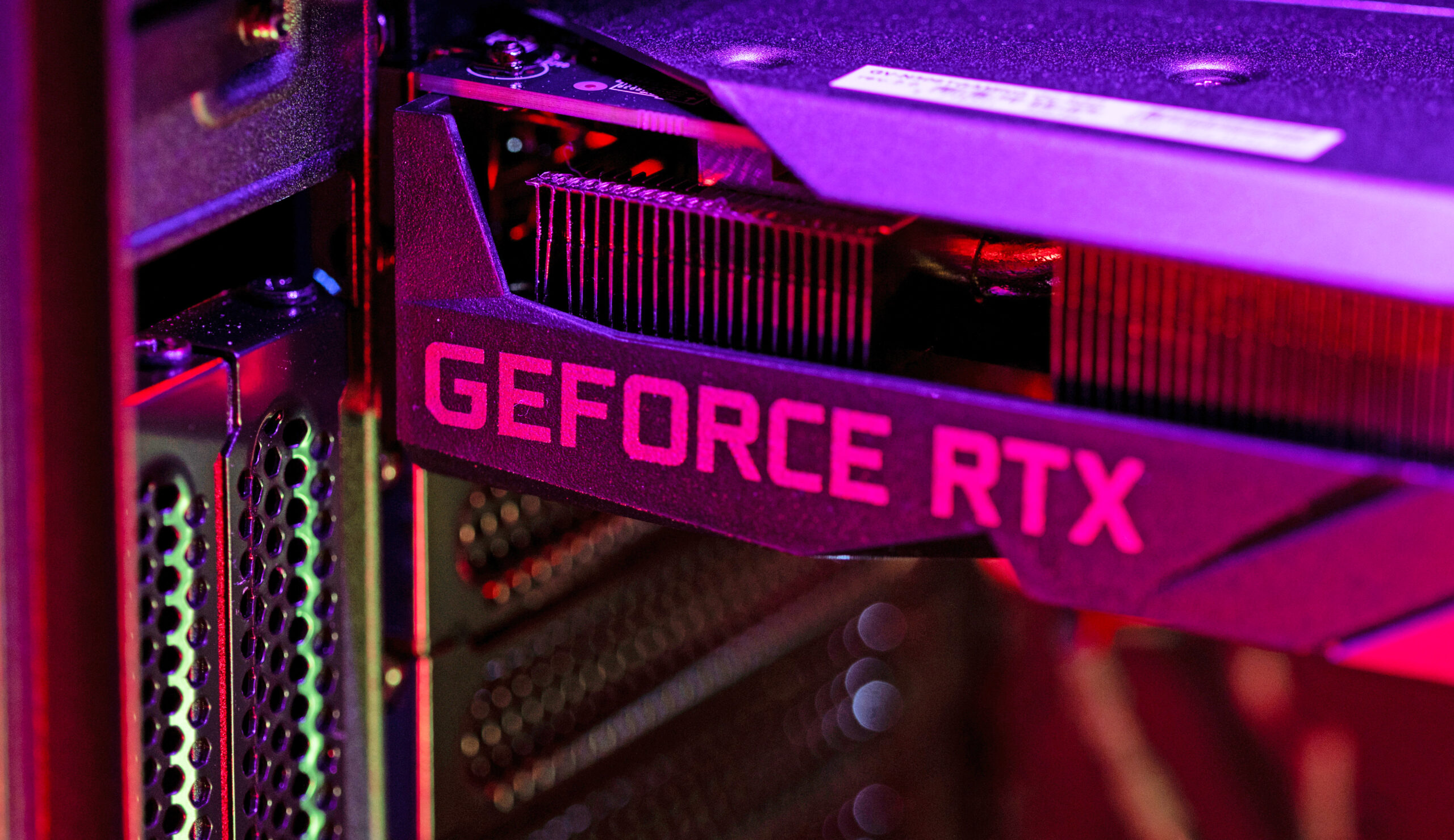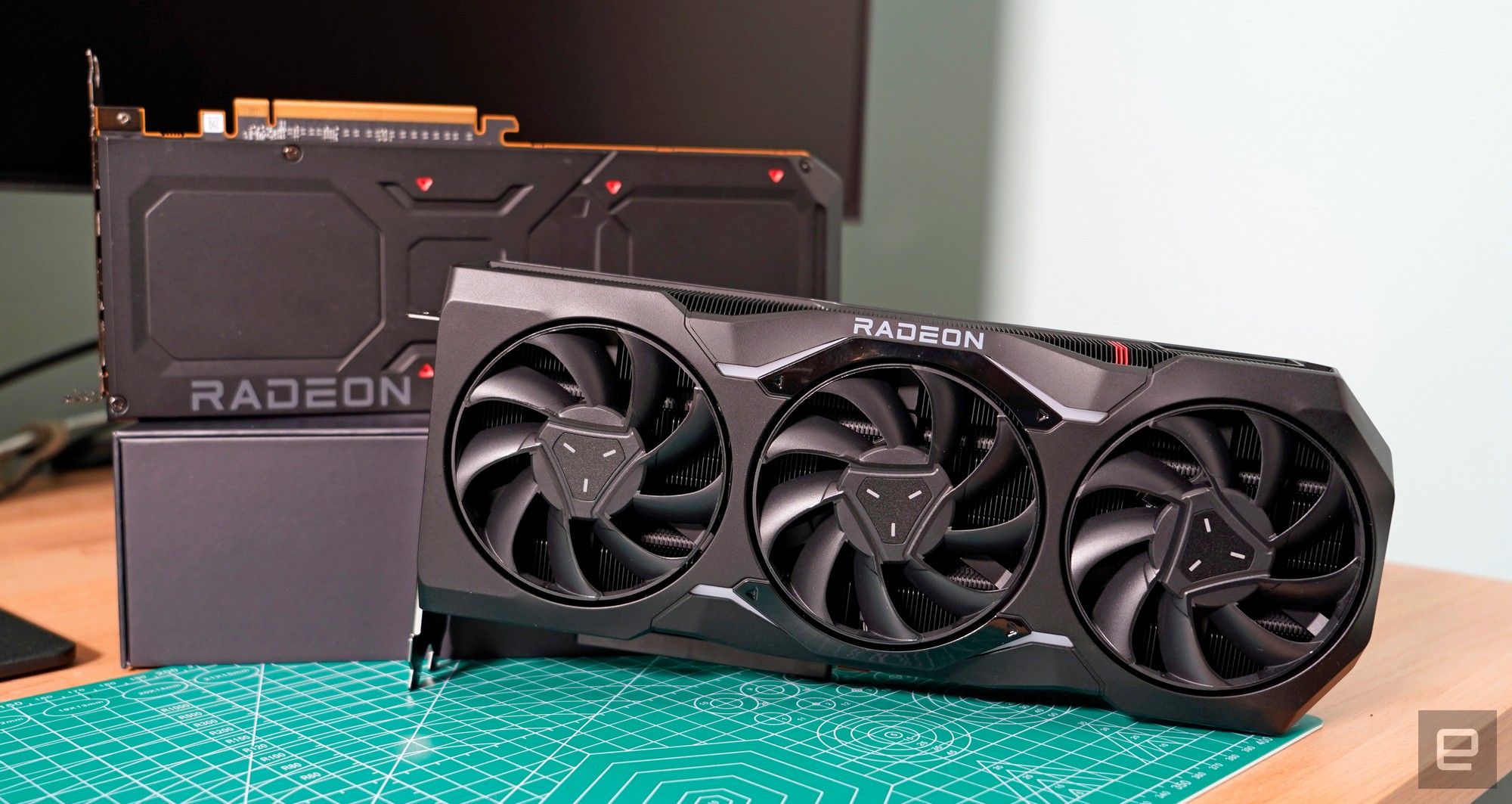
Throughout the Steamworks Digital Convention devoted to the Steam Deck, Valve shared much more info on the {hardware} of its upcoming PC handheld system.
To start with, we realized that the customized SoC used within the Steam Deck is codenamed Aerith. The APU block, a mixture of AMD’s Zen 2 and RDNA2 applied sciences, was particularly designed to accommodate the low goal requirement for energy (the TDP is 4-15W). In the dedicated Steam Deck hardware presentation, Valve engineer Yazan Aldehayyat defined:
What’s really novel about our processor is that was designed from the bottom as much as be optimized for the 4 to fifteen watt energy envelope accessible to us on this type issue. The one main takeaway that I would like to depart you with at the moment is that the extent of efficiency per watt we have been in a position to obtain with this processor would merely not have been doable utilizing any off-the-shelf processor that exists at the moment.
Nonetheless, there is no onerous restrict on how a lot energy could be consumed by the Steam Deck, which is why Valve recommends that builders add a body charge limiter to their video games. Even when they do not, a world body charge limiter is within the works in order that customers might finally get to choose the optimum stability between efficiency and battery life that fits their wants.

The CPU and GPU clocks are comparatively low as a result of Valve expressly desires gaming efficiency to be constant in all situations. As such, they’ve prevented adopting turbo increase applied sciences similar to these utilized in laptops or smartphones.
Aldehayyat then proceeded to debate the explanations for going with LPDDR5 reminiscence.
The primary one is reminiscence bandwidth. Our APU runs at 128-bit extensive reminiscence bus at 5.5 GHZ; this combines to a complete of 88 GB/s price of bandwidth, which when you evaluate on a per teraflop foundation, truly exceeds a whole lot of devoted desktop-grade GPUs.
The opposite benefit to LPDDR5 is energy effectivity. It gives a whole lot of nice power-saving options that really manifest themselves in low energy situations like 2D video games, idle, and sleep.
The 16GB of reminiscence are unified, as anticipated. Aldehayyat famous that the majority Steam video games at the moment run fantastic on 8 or 12GB, however Valve desired the Steam Deck to be future-proof, which is why the corporate selected so as to add extra reminiscence.
The presentation ended with an early comparability of the variations between the assorted storage choices accessible for the Steam Deck. As you possibly can see within the benchmark beneath, the cheaper 64GB eMMC predictably hundreds and boots slower than the 512GB NVMe SSD, however the gameplay expertise should not endure an excessive amount of even when selecting the eMMC.

That is not all we realized in regards to the PC handheld system. Within the Q&A piece of the APU deep dive with AMD, Sebastian Nussbaum (Company VP of Product and Applied sciences at AMD’s Semi-Customized Enterprise Unit) confirmed that FidelityFX Tremendous Decision shall be launched at an OS stage in a future Steam Deck replace. This implies customers will be capable of implement FSR in video games that do not have native help for it.
Lastly, on the Steam Deck documentation page for developers, Valve in contrast the extent of efficiency that may be anticipated from the gadget to an present mini-PC, the MinisForum Elite Mini Um700, priced at $670 on Amazon.
The group agreed that if a recreation runs nicely on this mini-PC at 1280 x 800, it can positively run nicely on Steam Deck – in comparison with Steam Deck, this method’s GPU is weaker and there is much less reminiscence bandwidth, however the CPU is a bit stronger. It is underpowered in comparison with Steam Deck, however is the closest system we may discover that’s nonetheless usually accessible for buy.
As a reminder, the Steam Deck’s debut was lately delayed to February 2023 as a result of elements failing to succeed in manufacturing services in time for the earlier December 2023 launch window.







